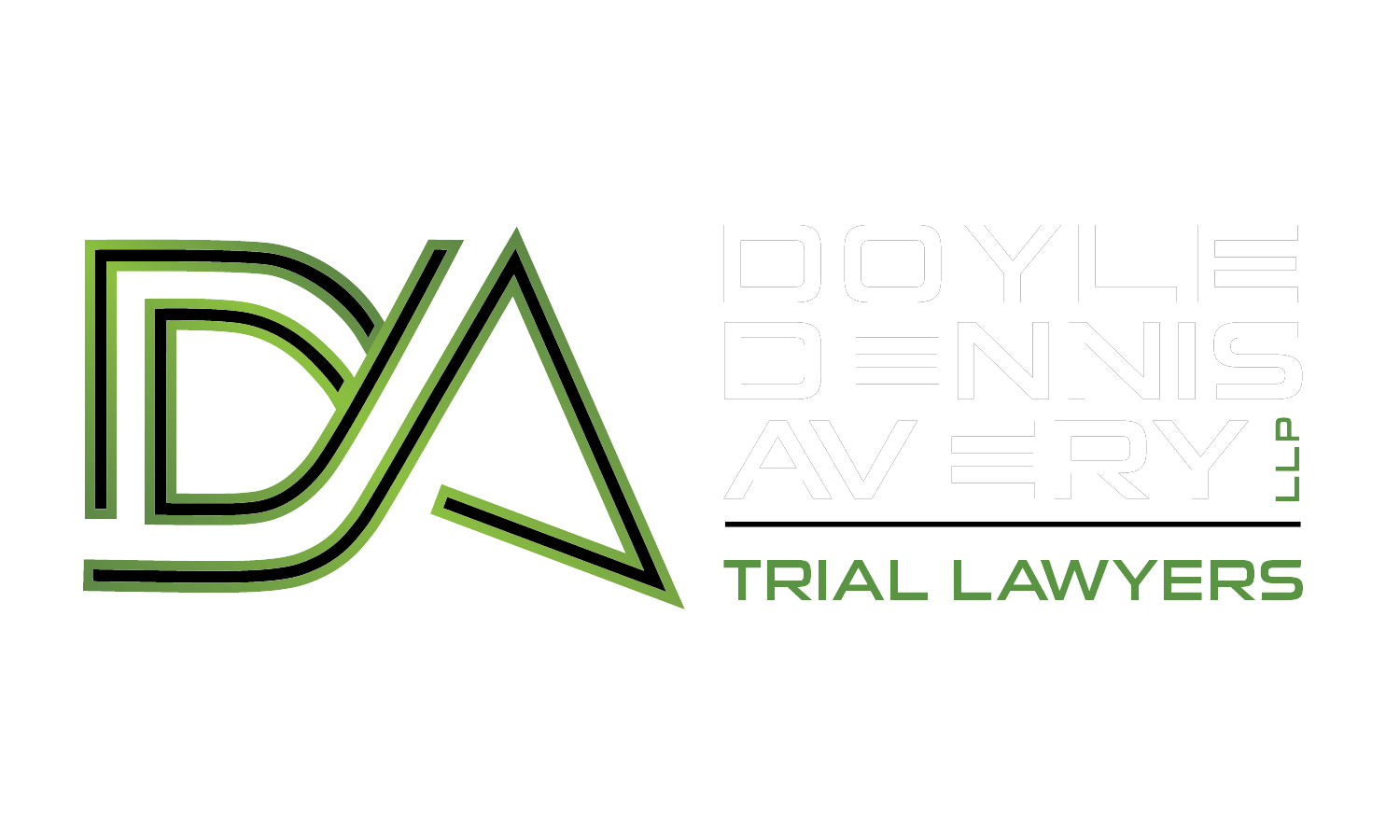Healthcare whistleblowers regarding long term facilities
Doyle Dennis Avery LLP represents employees of (1) an assisted living facility, (2) Convalescent and Nursing Facilities and Related Institutions, and prescribed pediatric extended care center, who have reported violations of law or who have participated in an investigation or proceeding regarding patient care. Texas law provided important anti-retaliation protections to employees of long-term care providers.
What entities are covered?
Texas law protects employees who work for an assisted living facility, Convalescent and Nursing Facilities and Related Institutions, and prescribed pediatric extended care center. Texas law further defines each of these terms. For example, prescribed pediatric extended care center “means a facility operated for profit or on a nonprofit basis that provides nonresidential basic services to four or more medically dependent or technologically dependent minors who require the services of the facility and who are not related by blood, marriage, or adoption to the owner or operator of the facility.”
A Convalescent and Nursing Facilities and Related Institutions, includes “an establishment that furnishes, food and shelter to four or more persons who are unrelated to the proprietor of the establishment; and provides minor treatment under the direction and supervision of a physician licensed by the Texas Medical Board, or other services that meet some need beyond the basic provision of food, shelter, and laundry.”
Similarly, an Assisted living facility “means an establishment that:
- Furnishes, in one or more facilities, food and shelter to four or more persons who are unrelated to the proprietor of the establishment;
- Provides: personal care services; or administration of medication by a person licensed or otherwise authorized in this state to administer the medication;
- May provide assistance with or supervision of the administration of medication;
- May provide skilled nursing services for the following limited purposes:
- Coordination of resident care with outside home and community support services agencies and other health care professionals;
- Provision or delegation of personal care services and medication administration as described by this subdivision;
- Assessment of residents to determine the care required; and
- For periods of time as established by department rule, delivery of temporary skilled nursing treatment for a minor illness, injury, or emergency; and
- May provide health maintenance activities as defined by rule by the Texas Board of Nursing.
What is Protected?
Texas law protects employees of Convalescent and Nursing Facilities and Related Institutions, and prescribed pediatric extended care center who report to the employee’s supervisor, an administrator of the facility, a state regulatory agency, or a law enforcement agency a violation of law or for initiating or cooperating in any investigation or proceeding of a governmental entity relating to care, services, or conditions at the facility.
Texas law also protects a “volunteer, resident, or family member or guardian of a resident,” who: (1) makes a complaint or files a grievance concerning the facility; (2) reports a violation of law, or (3) initiates or cooperates in an investigation or proceeding of a governmental entity relating to care, services, or conditions at the facility.
What is wrongful termination or retaliation?
Texas law prohibits an employer or the owner of a facility, or another employee of the facility from retaliating against an employee by suspending or terminating the employment of, or otherwise disciplining or discriminating against, a person who makes a report, without malice.
How do I prove wrongful termination or retaliation?
While the employee has the burden of proof to show retaliation, Texas law creates a rebuttable presumption “that the person’s employment was suspended or terminated for reporting abuse, neglect, or exploitation if the person is suspended or terminated within 60 days after the date on which the person reported in good faith.”
What other claims are available?
In addition to this protection, an employee may have other causes of actions available, including a Sabine Pilot retaliation claim, tortious interference, defamation, and Texas Administrative Code § 133.43 and Texas Health and Safety Code § 161.134.
What are the deadlines for filing a wrongful termination or retaliation claim?
An employee must file the lawsuit within the 90th day after the date on which the person’s employment is suspended or terminated, must bring suit or notify the Texas Workforce Commission of the petitioner’s intent to sue under this section. If an employee notifies the TWC of intent to sue, the employee must bring suit not later than the 90th day after the date of the delivery of the notice to the commission. On receipt of the notice, the commission shall notify the facility of the petitioner’s intent to bring suit under this section.
What Damages are available?
Social workers may recover actual damages, including damages for mental anguish, exemplary damages, court costs; and reasonable attorney’s fees.
Copyright © 2025 Doyle Dennis Avery LLP Trial Lawyers. All rights reserved. Powered By Blue Beam LLC
The information on this website is intended for general informational purposes only and is not legal advice for any individual case or situation. Viewing or receipt of content on this website does not create an attorney-client relationship between the user and Doyle Dennis Avery LLP.
The cases, verdicts and settlements displayed on this site are solely for illustrative purposes and should not be considered a guarantee or prediction of the outcome of any other claims or cases. Each case is unique, and past outcomes are not indicative of future results.
We recommend that users consult with an attorney for legal advice on any questions or concerns they may have. Users rely on the information on this website at their own risk.
